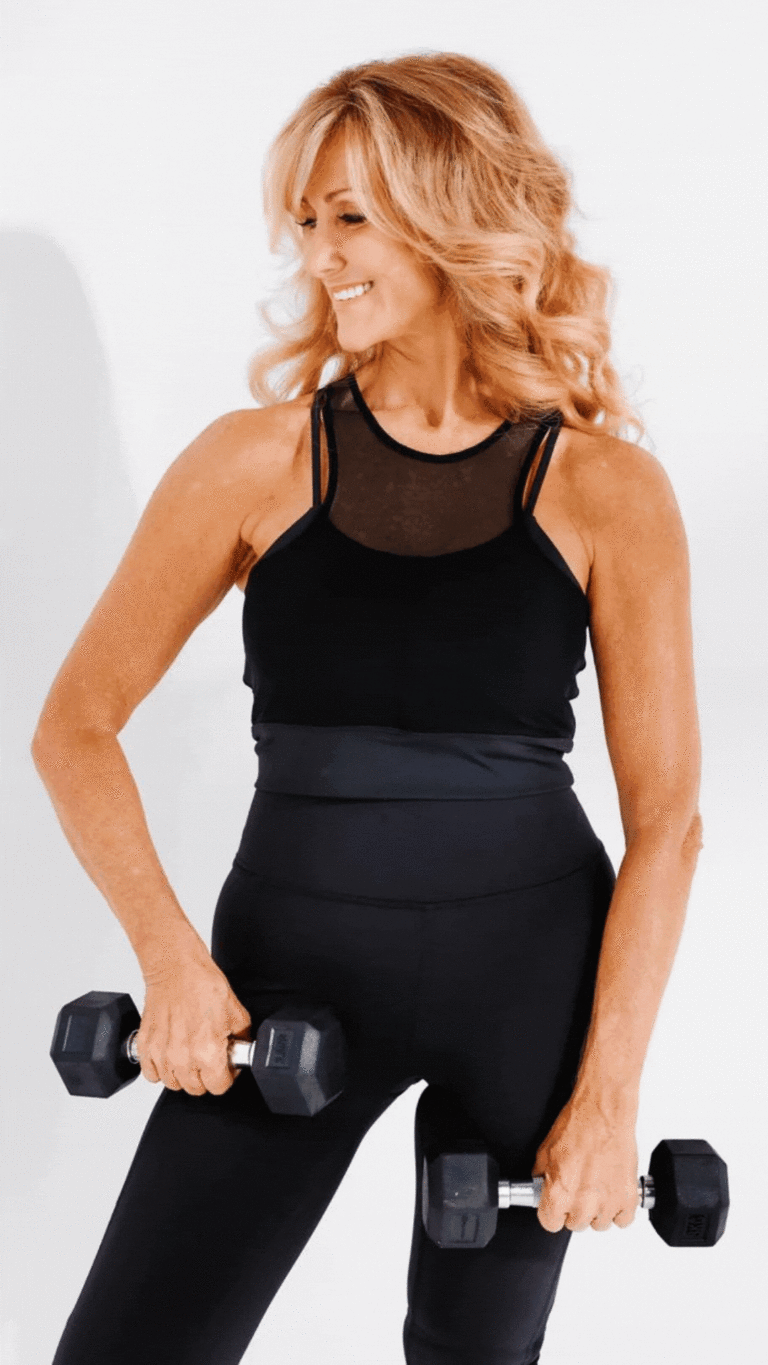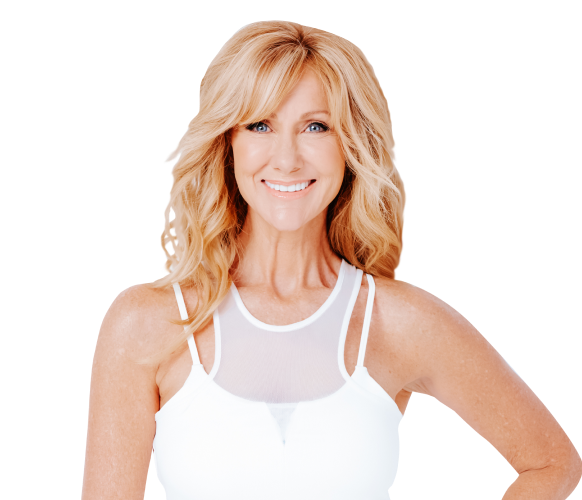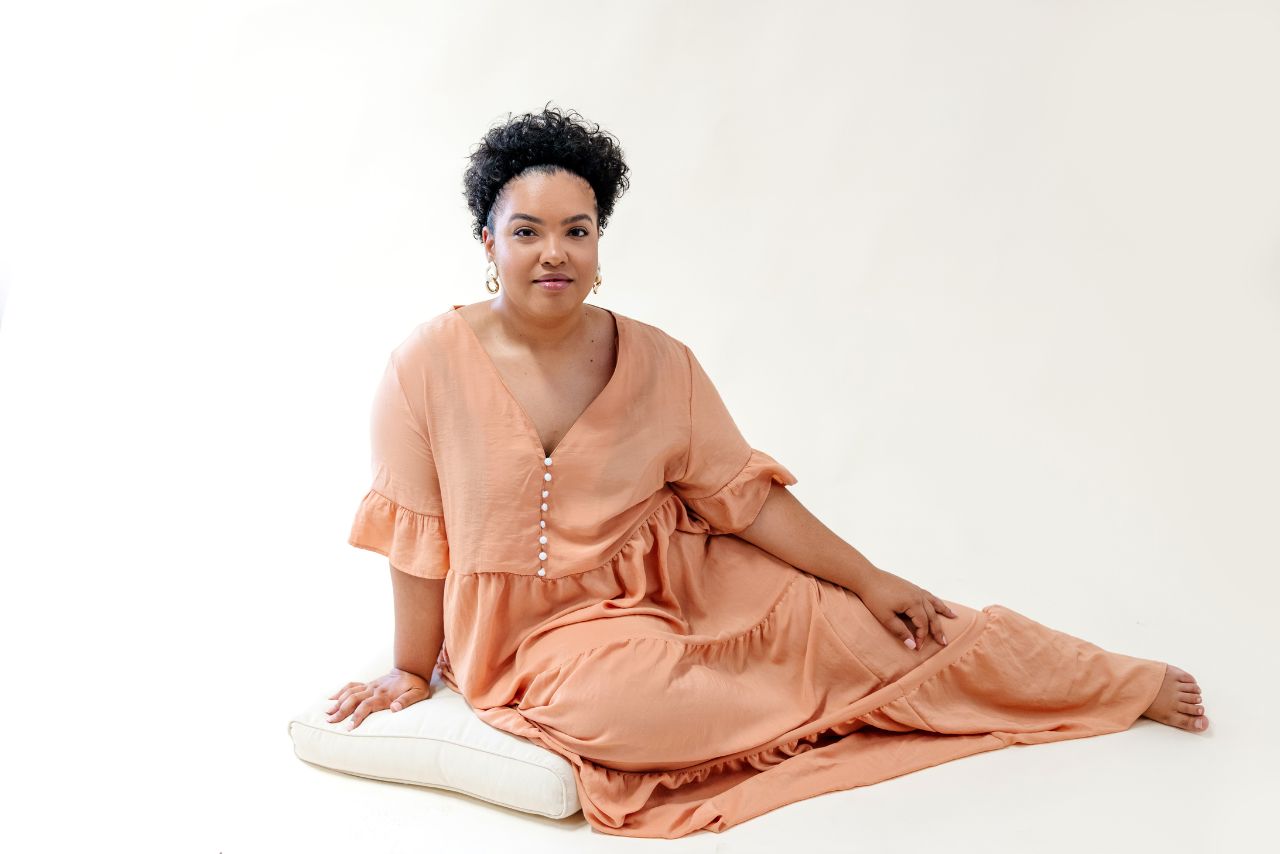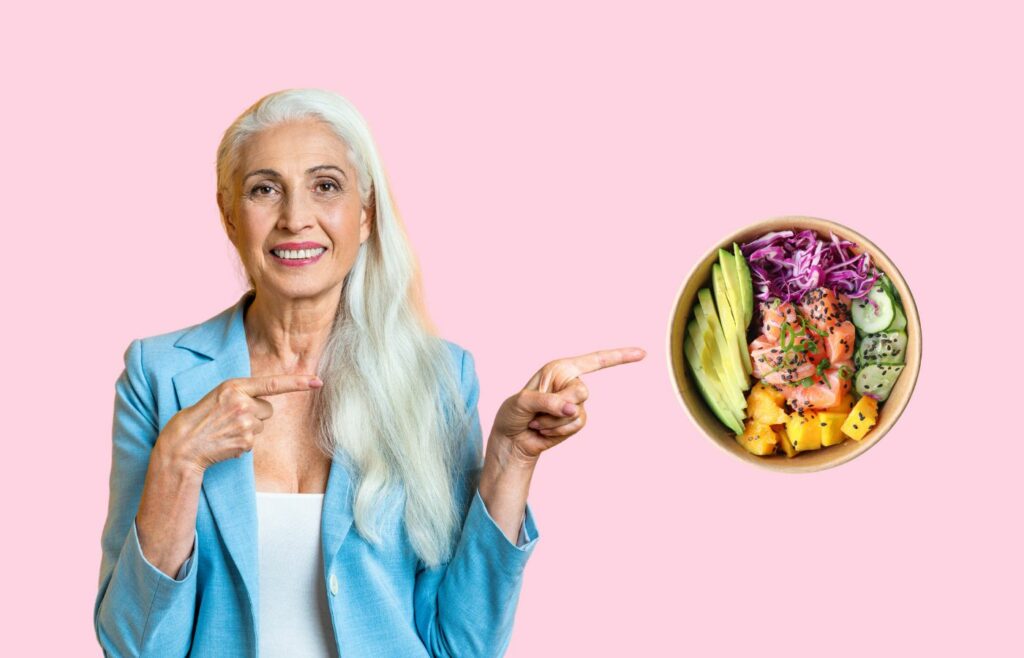
As we get closer to menopause, we need to think carefully about how our relationship with food is changing. This can help us deal with potential problems better.
Research studies show that this change could have a big effect on our physical and emotional health, including our eating habits and how we feel about our bodies.
Many women struggle to maintain their diets due to hormonal changes and slower metabolisms. However, accepting these changes as natural allows for positive perspectives on cultivating healthy dietary preferences, which is crucial to navigating this stage.
One way to understand your relationship with food during menopause is to keep a food diary. When you track your food intake, you’ll gain valuable insights into what your body needs and help identify any potential triggers for emotional eating or food cravings.
This self-awareness can empower you to make informed decisions about your dietary choices and help you maintain a healthy relationship with food.
Developing a Healthy Relationship with Food and Your Body
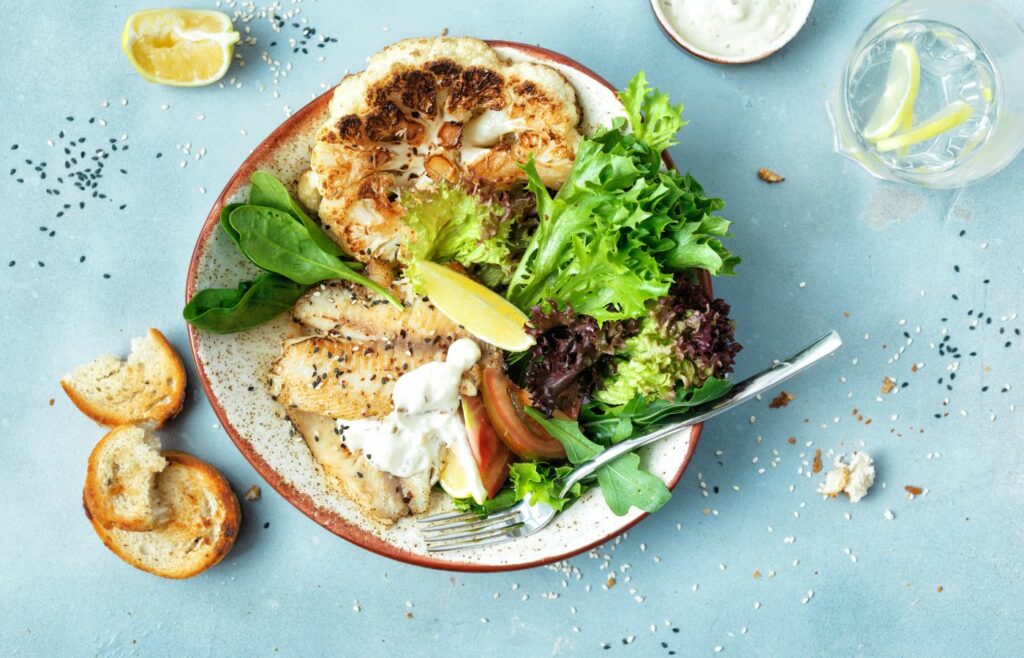
Diet culture and body image problems are common in the modern world, so we need to learn how to treat our bodies and food in a healthy way. To do this, we have to change the way we talk about food.
When we understand that food is purely a source of fuel with complementary ecstatic expressions associated with eating it, we can fundamentally shift towards a generative and productive mindset.
With this way of thinking, it will be easier to deal with difficult food issues and grow our real connections to what it means to be nourished over time. Instead of cutting out certain foods from your diet or labeling them negatively, think about how each meal makes you feel and how it affects you internally.
Focusing on how different foods affect our bodies instead of putting them into categories can help us feel better about what we eat.
You may ask yourself these simple questions:
Which foods provide me with sustained energy?
It’s important to pay attention to the foods that keep us healthy and full of energy. Think about which foods give you energy and keep you going throughout the day. Usually, these are whole grains, lean proteins, fruits, and vegetables. On the other hand, some foods might make you tired or slow.
Which kind of dish makes me feel tired or sluggish?
It can be helpful to be aware of the link between what you eat and how much energy you have. This way, you can avoid feeling tired after a meal or having other unpleasant effects from eating too much refined sugar or unhealthy fats.
What meals keep me satiated and satisfied?
Pay attention to the mix of protein, fiber, and healthy fats you eat at a meal to make sure you feel full and happy afterward. Foods like legumes, nuts, seeds, and whole grains are great sources of nutrients that keep you full for longer and give your body what it needs.
Which type of food brings me comfort when I’m feeling down?
In times of stress or sadness, food can also be a source of comfort. Take note of the foods that make you feel better when you’re upset and find a healthy balance between eating out of emotion and eating to meet your needs.
READ ALSO: 5 Top Foods to Deal With Menopause Symptoms
What types of meals give me heartburn or indigestion?
Some foods can make you feel bad, like heartburn or indigestion. Keep an eye out for patterns in what sets off these responses in your body so that you may adjust your tastes accordingly.
What types of foods bring you joy?
Food should be enjoyed as a source of joy and pleasure, without feeling guilty about eating too much. Keep in mind that the key to enjoying all kinds of food is moderation.
What foods make you feel bloated?
Bloating is another issue that can be caused by food allergies or eating too much. Pay attention to how different meals make you feel bloated so you can choose healthier portion sizes.
What foods make you feel nourished?
Focus on eating foods that give your body the important nutrients it needs. Eat whole, minimally processed foods that are high in vitamins, minerals, and antioxidants. Pay close attention to how these foods make you feel, both physically and mentally.
Always remember that keeping track of what happens to our bodies when we eat different kinds of food can help us develop healthy eating habits.
Have you heard about intuitive eating? When choosing what to eat, it means paying attention to your body’s signals, like hunger or fullness, and your preferences. Since everyone is different, developing this kind of relationship with food takes time.
Instead of being hard on yourself if things don’t go smoothly the first time, listen to what your body needs without judging it. A registered dietitian or therapist who specializes in eating disorders may also be able to help.
Listen carefully to change your thoughts about certain foods from negative to positive to balance feeding your body and mind.
Ways To Develop A Healthy Relationship With Your Food & Body
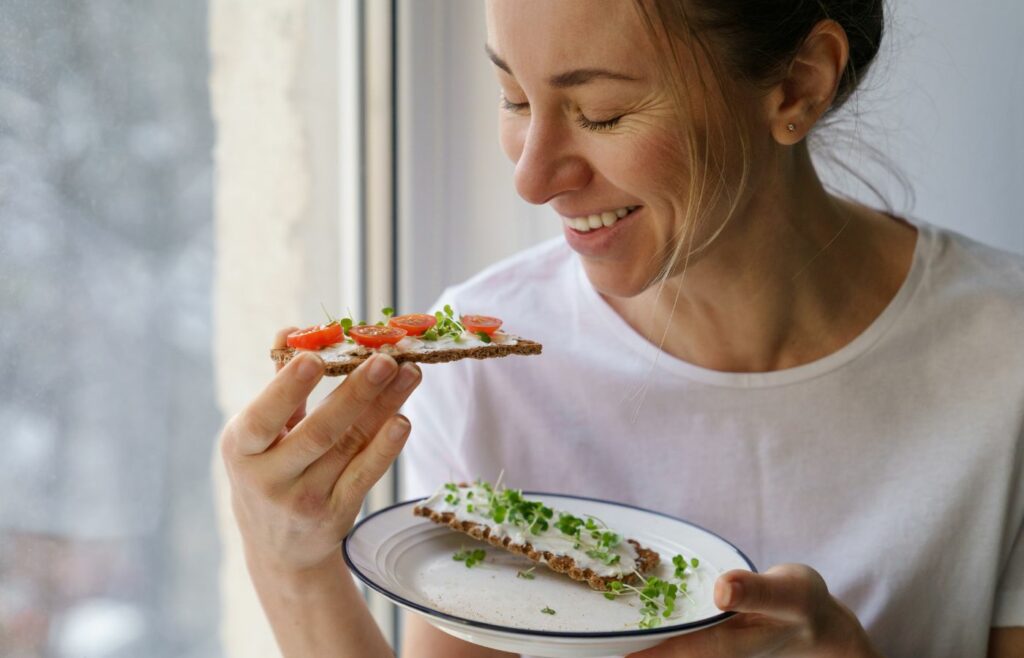
Practice mindful eating
Menopause changes women’s nutritional needs. Mindful eating can help you develop healthier nutrition-related habits, improving your relationships and food consumption habits.
Mindful eating involves nourishing and understanding our bodies. Start mindful eating by eating without TV or phones. Savor each bite by focusing on the food’s taste, texture, and aroma. When you’re full, stop eating.
Mindful eating can improve body awareness and reduce emotional eating. During menopause, eating mindfully can improve your relationship with food and your body.
Emphasize nutrient-rich foods
As the body gets closer to menopause, it becomes more important to pay attention to a nutrient-rich diet for overall health. Diets should focus on getting a variety of healthy foods with a lot of vitamins, fiber, and enough macronutrients for the metabolism to work well. This is important for two main reasons.
First of all, these foods have important vitamins like calcium and vitamin D, as well as fiber-rich fruits and vegetables. This helps keep bones healthy, prevents osteoporosis during menopause, and improves the quality of life overall.
Second, a healthy balance of carbs, proteins, and complex fibers from grains and seeds can help you stay at a healthy weight during menopause and give you much-needed relief from symptoms like fatigue, mood swings, and hot flashes.
In order to heal the mind-body connection, you need to focus on practices that feed your inner self. During menopause, a person’s mind and body become more connected when they eat and drink in a mindful way.
Stay hydrated
Keeping yourself well hydrated is important for good health at any time in your life, but it’s even more important when you’re going through menopause.
Getting enough water can help with a lot of things, like hot flashes, night sweats, and feeling tired. It also helps your digestion work better and can help you lose weight. Drink at least eight glasses of water a day, or more if your symptoms get worse or if you need to. You can stay hydrated in a variety of ways by buying herbal teas or water with fruit added to it.
Hydration can help you deal with menopause symptoms, feel better about your body, improve your relationships with other people, and put your own health first.
Listen to your body
Your body is always trying to tell you something, and it’s important to pay attention, especially during menopause. If you pay attention to what your body needs and make changes based on that, you’ll be able to keep a healthy relationship with food and your body.
Pay attention to how different foods make you feel and look for patterns in your energy, mood, and digestion. If you notice that some foods make your menopause symptoms worse, you might want to change your diet to help your body.
Keep in mind that your body’s needs may change during menopause, so it’s important to be flexible and change how you eat to meet those needs. During this time of change, you’ll have a healthier relationship with food and your body if you listen to your body and meet its needs.
Engage in regular physical activity
During menopause, you need to work out regularly to keep a healthy relationship with food and your body. Exercise can help you deal with the symptoms of menopause, keep your weight in check, and improve your overall health.
Aim for at least 150 minutes of moderately intense aerobic activity each week, like brisk walking, swimming, or dancing. Strength training should be done at least twice a week to keep muscle mass and bone health in good shape.
Regular physical activity is good for your body, but it can also help improve your mood and boost your self-esteem. Move more to improve your health and body image during menopause.
Challenge body image myths

During menopause, social messages about beauty, weight, and aging can hurt your body image. Challenge these myths and improve your body image to maintain a healthy relationship with food and your body.
Know that beauty comes in all shapes, sizes, and ages and that your self-worth is not based on your appearance. Celebrate your body’s abilities and unique traits.
You can develop a healthy relationship with food and your body during menopause by challenging body image myths and adopting a more positive outlook.
Practice self-compassion
Self-compassion helps menopausal women maintain healthy food and body relationships. It means being kind to yourself and accepting that life has imperfections and challenges.
Remind yourself that you’re doing your best and that menopause is a natural transition when you struggle. Instead of criticizing yourself, encourage yourself.
You can improve your relationship with food and your body during menopause by practicing self-compassion.
READ ALSO: How You Can Love Yourself Enough to Lose Weight
Prioritize restful sleep
Menopause can make it hard to sleep, so it’s important to get enough rest if you want to have a healthy relationship with food and your body. Getting enough sleep helps keep hormones in balance, manage weight, and keep you healthy.
Make a relaxing routine for going to bed, a regular sleep schedule, and a quiet place to sleep. If you’re having trouble sleeping, see a doctor.
Getting enough sleep will help your body deal with menopause symptoms and change the way you feel about food.
Celebrate balance
Having a healthy diet and body during menopause requires balance. Instead of following strict diets or limiting your lifestyle, find a balance.
Celebrate food and don’t feel bad about eating your favorite treats. Eat well and work out at the same time. Balance will help your menopause diet and how you feel about your body.
Honor your cravings
During menopause, giving in to your cravings can help you deal with issues with food and your body. Let yourself give in to your cravings every so often.
Honoring cravings helps you maintain a balanced diet and avoid deprivation. Remember that eating your favorite foods occasionally is healthy.
READ ALSO: 20 Foods to Eat (or Avoid) During Menopause
Closing Thoughts
Menopause is a natural and important change in life that brings both challenges and chances to grow. If you have a healthy relationship with food and your body during menopause, it will improve your physical and emotional health and your outlook on life.
Celebrate your journey and see the changes that come with menopause as a chance to get closer to your body and take better care of yourself.
You can navigate this stage of life with grace and confidence, fostering a healthier relationship with food and your body for years to come.




